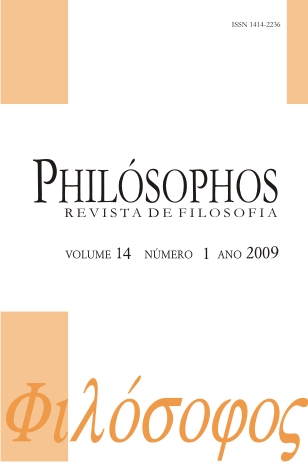THE INTERNATIONAL RELATIONS IN THE THOUGHT OF THOMAS HOBBES
DOI:
https://doi.org/10.5216/phi.v14i1.10034Keywords:
Thomas Hobbes, international relations, international public law, fair war.Abstract
We shall examine how Hobbes conceives the international relations as a scenario of permanent hostility, his contribution to the realist theory of international relations and the strategies for the attainment of peace or the maximization of benefits. We shall investigate the hobbesian equation between state of nature, international relations and state of war, the characteristics of the state of nature, the properties of foreign war and its causes, and the mechanism of balance of power. We shall also analyze the natural law, which is the law of nations, and the calculation to adhere to these laws. Finally, we shall do a general analysis of Hobbes's contribution to the theory of international relations.Downloads
Downloads
Published
How to Cite
Issue
Section
License
Authors who publish in this journal agree to the following terms:
- Authors retain copyright and grant the journal right of first publication, with the work simultaneously licensed under a Creative Commons Attribution License that allows others to share the work with an acknowledgement of the work's authorship and initial publication in this journal.
- Authors are authorized to enter into separate, additional contractual arrangements for the non-exclusive distribution of the journal's published version of the work (e.g., publishing in an institutional repository or as a book chapter), with an acknowledgement of its authorship and initial publication in this journal.















